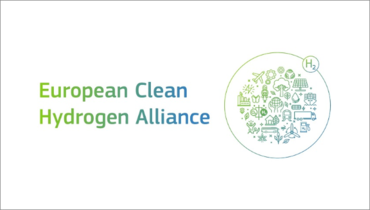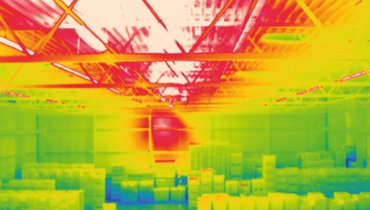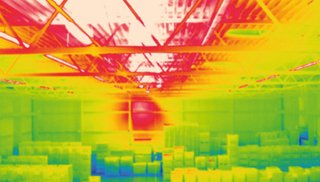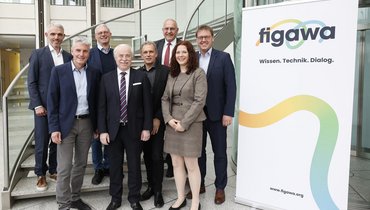
Decentralised radiation and warm air heating systems are the most environmentally friendly and most efficient solution for hall buildings in many applications. Under the title "Grün heizt dezentral" (Green heats decentrally), figawa is involved as a technical and scientific association for:
- Consolidation of EnEV, EnEG and EEWärmeG in the Buildings Energy Act (Gebäudeenergiegesetz - GEG)
- Hall buildings as an important and independent category in legislation and standardization
- Technology-neutral and economical solutions with cutback requirements for hall buildings in Europe and Germany
- Measures in existing buildings: energy monitoring, individual renovation schedules for each building
- Recognition of gas as renewable energy
- Simplification and verification of the system standard DIN V 18599
- Practical calculation methods according to DIN V 18599
News
KfW-Funding
Hall buildings have considerable potential for savings and offer various possibilities for increasing energy efficiency. In mid-2015 the Germand KfW Energy Efficiency Programme for buildings was extended to non-residential buildings for the first time in order to encourage measures to save energy and reduce CO2 emissions in non-residential buildings used for commercial purposes.
The renewal of heating technology in existing halls is also promoted as an individual measure in this programme. The financial incentive consists of a low-interest long-term loan combined with a repayment subsidy.
These funds are to be used for commercial and industrial buildings.
Our European partner association
ELVHIS - European Leading Association of Manufacturers of Industrial Heating Systems
The European association ELVHIS represents the technology and interests oft all relevant European (and also several North Amerkican) manufacturers of gas-fired infrared luminous heaters. ELVHIS is the well accepted and only cooperation partner for Europan authorities like the European Commission and the European Parliament as well as for standardisation bodies like CEN in the field of commercial gas-fired heating systems.
ErP 2018: Decentralised hall heating systems
Warm air heaters and gas infrared radiant heaters continue to be fully usable!
The ErP (Energy related Products-Directive) requirement for minimum efficiency (valid since 01.01.2018) has led to some uncertainty among planners, craftsmen and users about the use of decentralised hall heating systems. For this reason, the aspects of the ErP directive for decentralised hall heating systems should be highlighted at this point.
WLE-Study

Metrological investigations on thermal comfort in large-volume hall buildings with warm air heating systems
On behalf of figawa, ITG Dresden, in cooperation with the Zittau-Görlitz University of Applied Sciences, examined a total of seven halls equipped with hot-air heating systems for their strengths in terms of comfort and energy consumption.
Most of the halls are also equipped with a heat recirculation system to return rising warm air to the occupied zone. The heating of hall buildings is very demanding due to the large to very large connected internal volumes. In addition, the heating depends on the requirements of the hall use such as shift operation, manufacturing tolerances of the machine tools to be accommodated or the requirements of sensitive storage goods.
These investigations show that modern warm air heating systems are ecological, economical and universal.


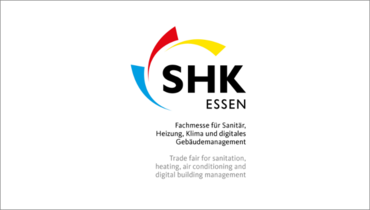


![[Translate to Englisch:]](/fileadmin/_processed_/0/1/csm_teaserbild_mitgliedsunternehmen_shutterstock_168422549_a690ddbee8.jpg)

